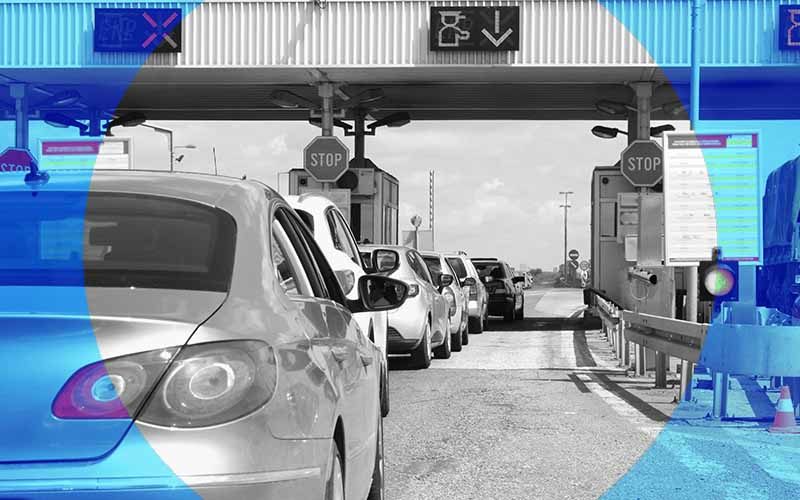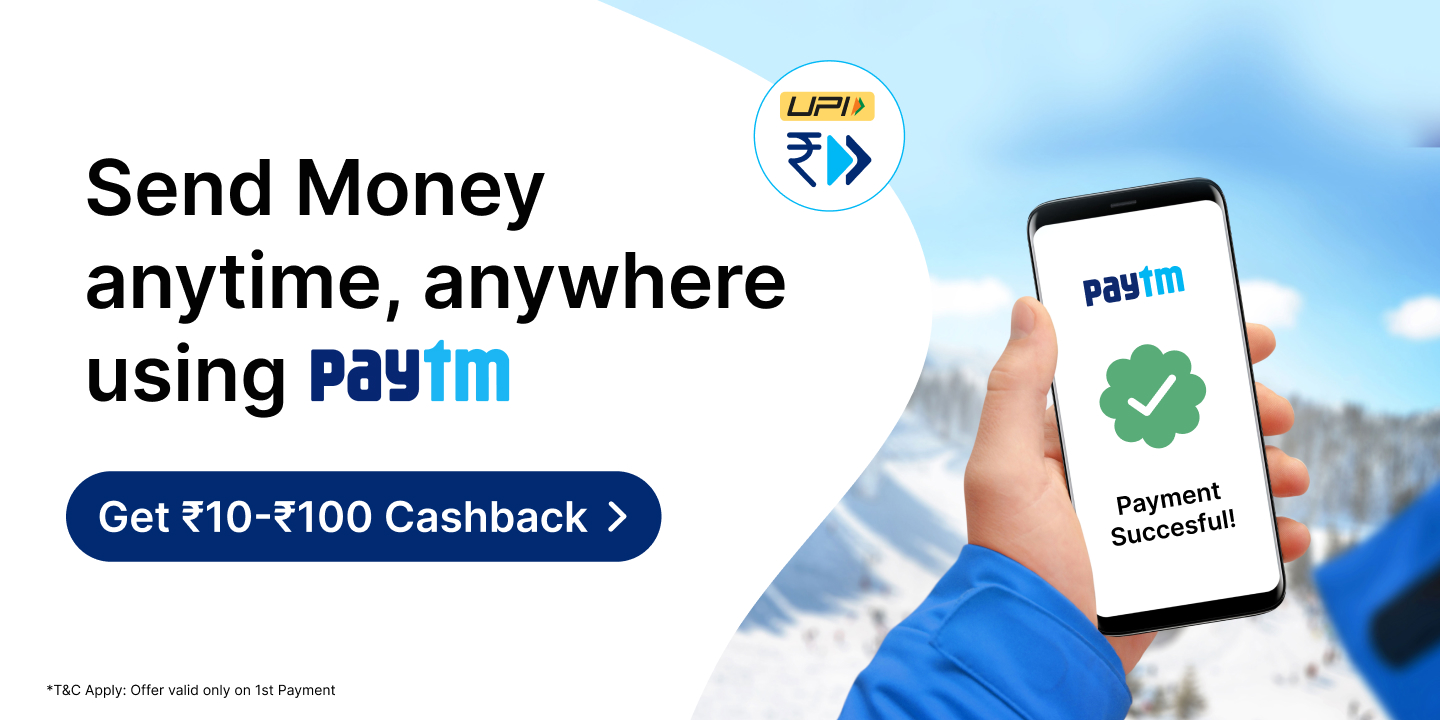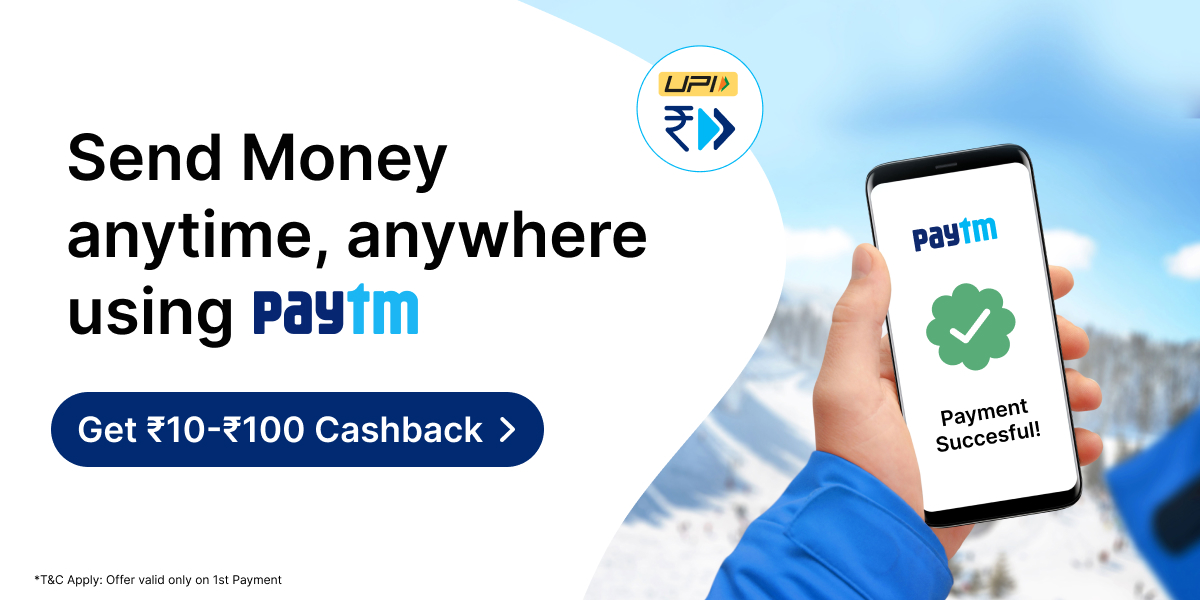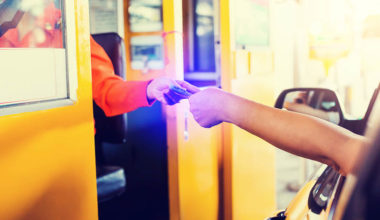A Toll Plaza Booth is a counter/booth on a toll road where the driver must stop to pay the toll taxes to drive any further. Toll roads are usually on the national and state highways where these toll booths are stationed. Several toll booths in a row constitute a toll plaza. The toll tax amount at a toll plaza is levied only on all four-wheelers or larger vehicles.
Table of Contents Show
What is a Toll or a Toll Tax?
Toll, also called toll-tax, is a type of tax, which is charged on certain roads like highways, interstate expressways, turnpikes, tunnels, and bridges. The toll tax is often called the NH fee (National Highway fee) and the roads on which this toll tax is levied are called toll roads, toll bridges/tunnels, or tollways. The toll tax is charged from road drivers (of these specific toll roads) for road infrastructure purposes.
Why Pay Toll Tax After Road Tax?
Both toll taxes and road taxes are to recoup the construction and maintenance costs. The difference lies in the type of roads that the central/state government manages and spends these taxes on.
Road taxes are state-levied, unlike the toll tax. The state governments charge the road tax one time from every vehicle owner right at the time of vehicle registration. The RTO collects the road tax and the state government spends it on state roads.
On the other hand, the NHAI (National Highway Authority of India), under the central government, manages the toll collection. So, it is the NHAI that sets up booths to collect the toll taxes. They collect the toll tax only from the four-wheeled or larger vehicle drivers who pass by toll roads. Therefore, they do not charge from those vehicle owners who do not go through tollways. Drivers may pass by multiple toll plazas and will have to pay each time.
How Toll Booths Function?
Toll booths function by collecting toll fees from vehicles passing through toll roads. These toll fees are used to maintain and improve the road infrastructure. When a vehicle approaches a toll booth, it either needs to have a FASTag or pay the toll fee in cash. If the vehicle has a FASTag, it can pass through the FASTag lane without stopping, as the toll amount is automatically deducted from the linked account. The toll booth operator provides a receipt as proof of payment. Toll booths are typically equipped with electronic toll collection systems to ensure a smooth and efficient flow of traffic.
Importance of FASTag for Toll Tax Collection
From 15 February 2021, FASTag has been made mandatory for all four-wheeled vehicles by the Government of India. FASTag is a tag that employs the RFID (Radio Frequency Identification) technology and enables digital toll payment across the state and national highways in the country. To enable cashless payments, digitalization of all sorts of transactions, and savings on fuel and time, all four-wheeled vehicle owners must affix the FASTag on the windshields of their vehicles. FASTags are provided and operated by 23 national banks, governed by NPCI (National Payments Corporation of India).
The FASTag facility automates toll deductions directly from the bank accounts/prepaid wallets of the users; thereby eliminating the manual collection of the tax at toll plazas and making it a quicker process. This also saves time for the vehicle drivers as they need not stop at every toll booth across the state/national highways.
Why should you Use Paytm for your FASTag?
- Recharge Convenience: Paytm allows you to recharge your FASTag account of different banks.
- Easy Application: Applying for an HDFC FASTag through Paytm takes a few minutes and documents.
- HDFC FASTag purchased through Paytm is accepted at over 550+ toll plazas across the country, ensuring a hassle-free experience on national highways.
- Paytm provides real-time updates on your FASTag account balance, transactions, and toll payments, allowing you to stay informed.
- Paytm offers 24/7 customer support to assist with any queries or issues related to your FASTag account.
Exclusions for Toll Tax
There are certain people and vehicles that the NHAI exempts from the toll tax payments. They are as listed below-
- Central and State ministers including the Prime Minister, Cabinet Ministers, the Member of Parliament, Governor, Speaker/Chairman of Legislative Assembly/Council, etc.
- Chief Justice of India, Supreme Court Judge, and Judge of a High Court
- Defence personnel, Army Commanders, Vice-Chief of Army Staff and equivalent positions in military services
- Awarded military personnel, such as awardees of Vir Chakra, Maha Vir Chakra, Param Vir Chakra, Kirti Chakra, Shaurya Chakra, and Ashok Chakra
- All vehicles that belong to NHAI and the government agencies, military/paramilitary or police, fire fighting departments’ vehicles, ambulances and funeral vans
Wrapping it up: Toll tax is an innovative way for a consecutive revenue stream. The highways and expressways are responsible for interstate connectivity. Thus, the toll tax helps in consistent upgradation and adequate improvement of the roads. There is no toll tax charge on domestic lanes or city roads. Toll also makes the maintenance process independent of the tax-based revenue generated from other sources.



